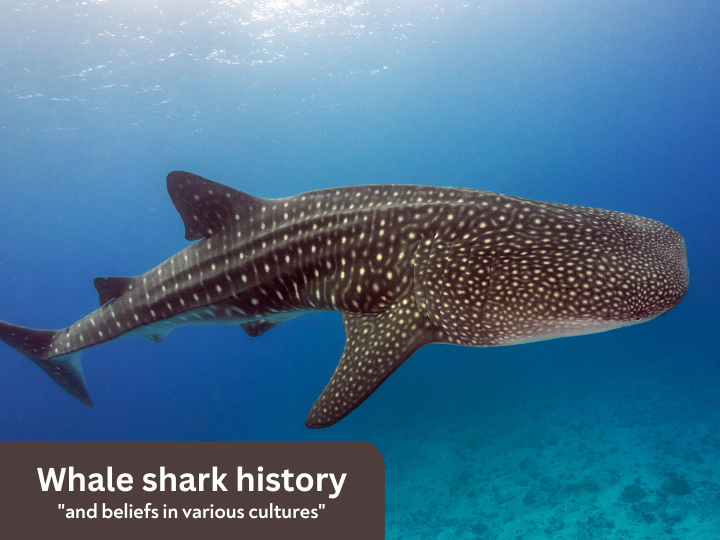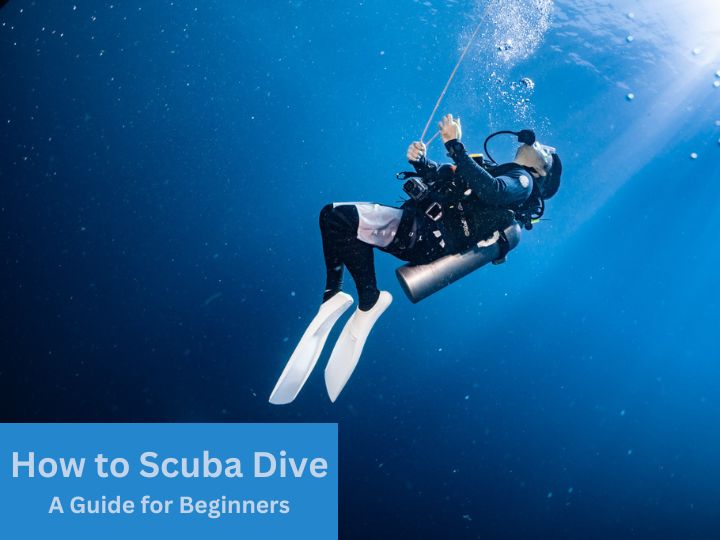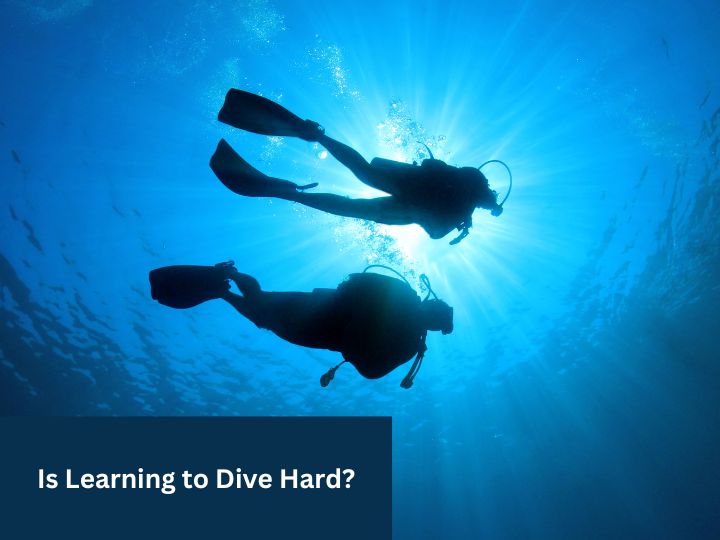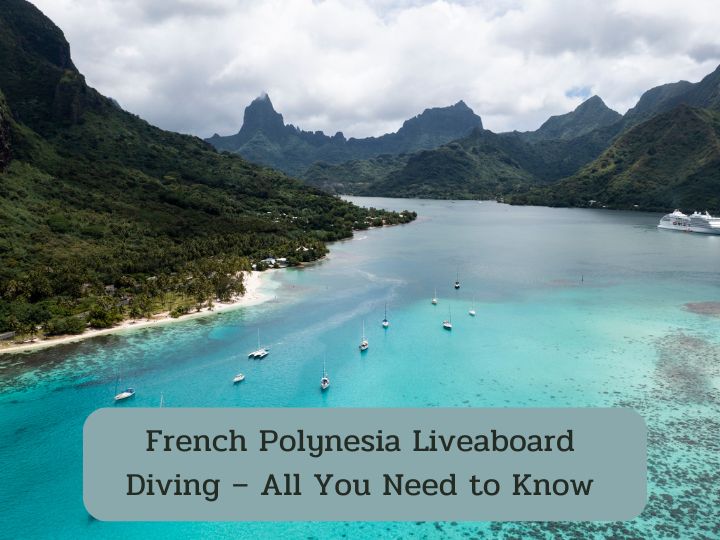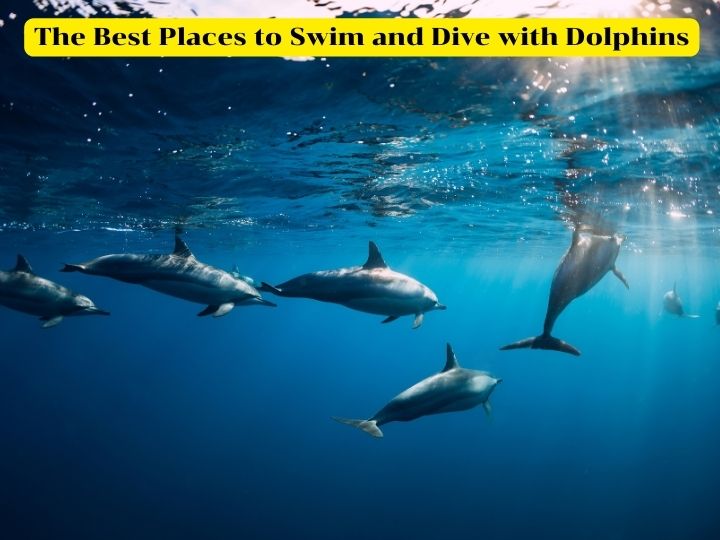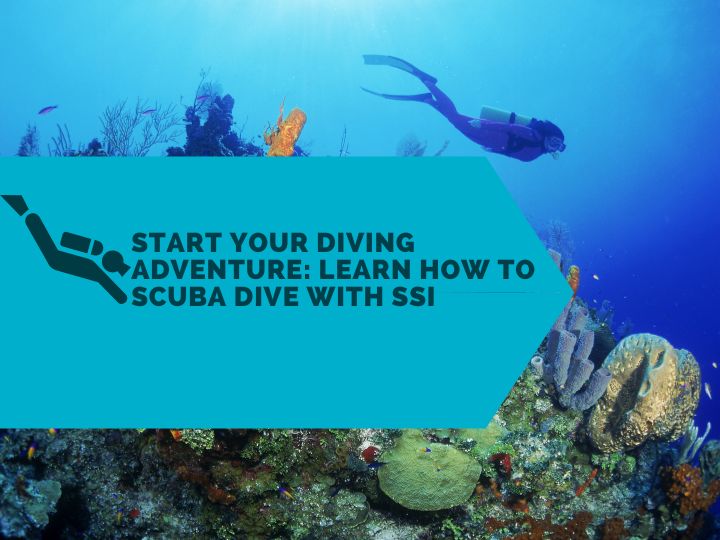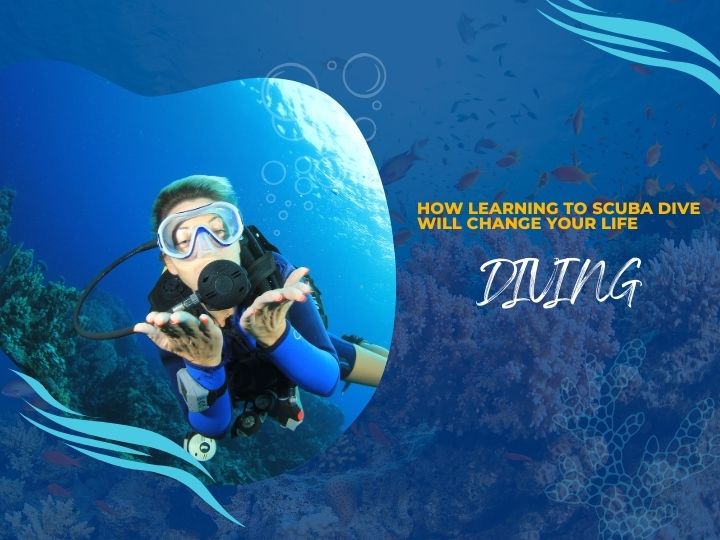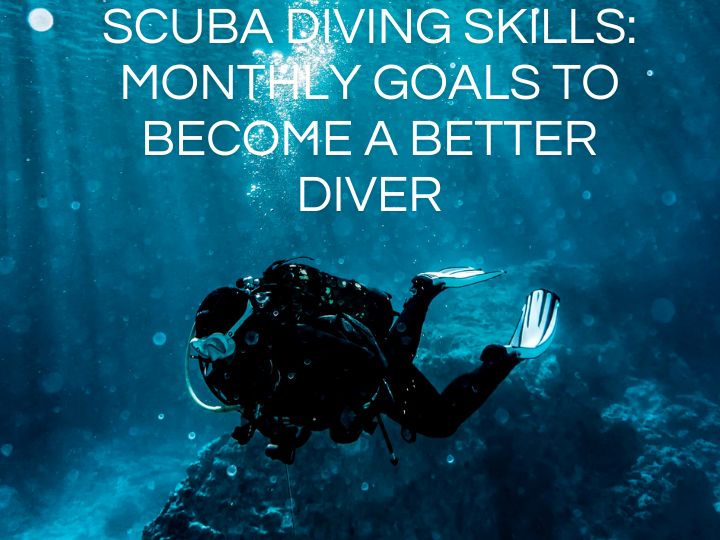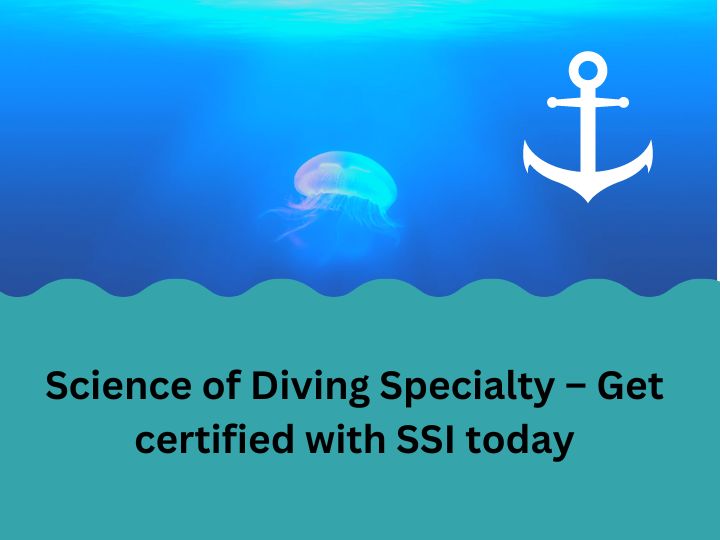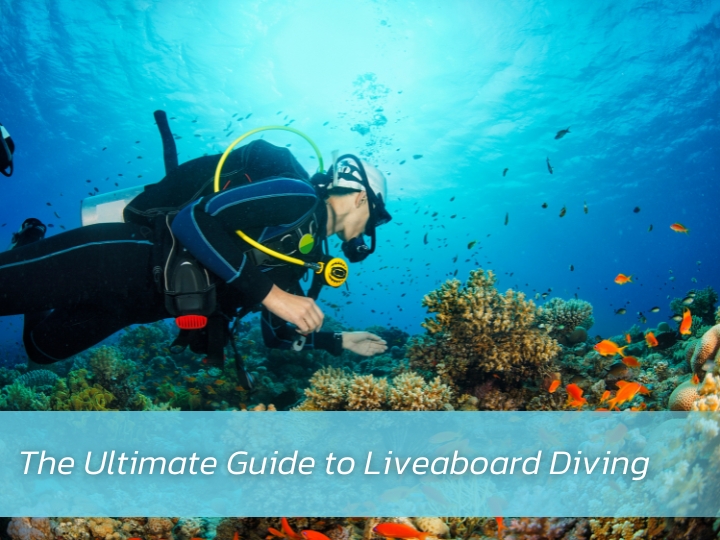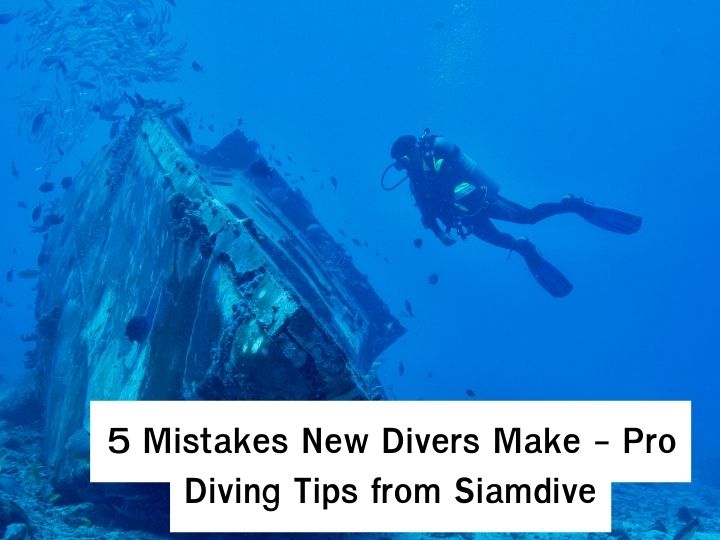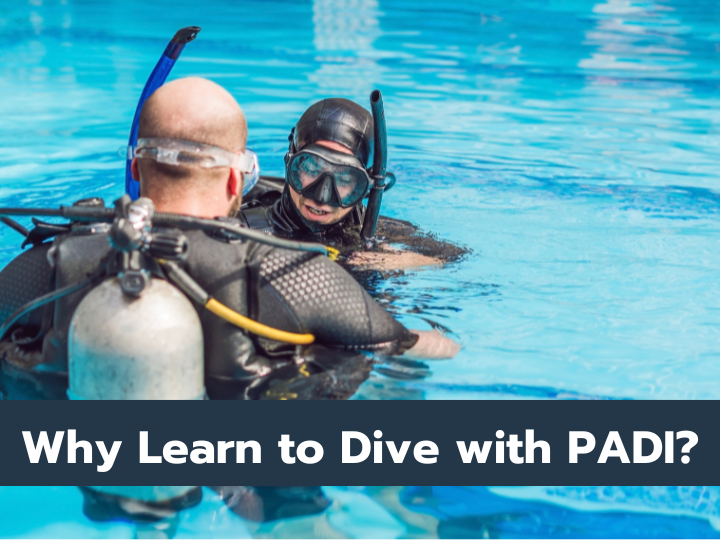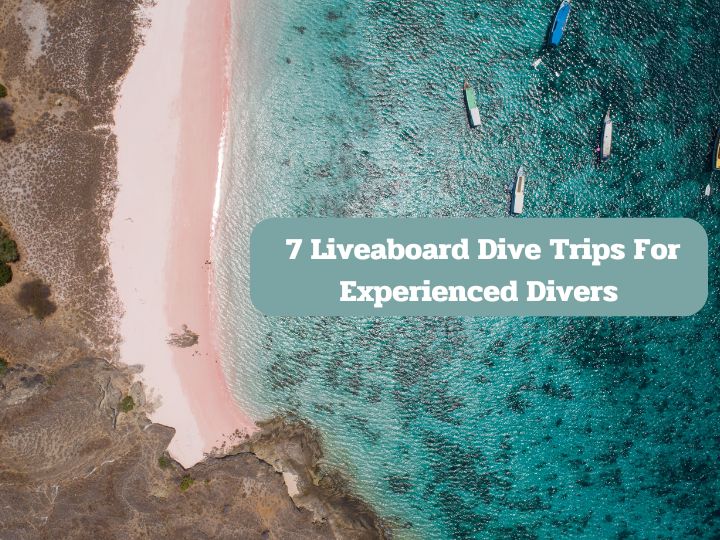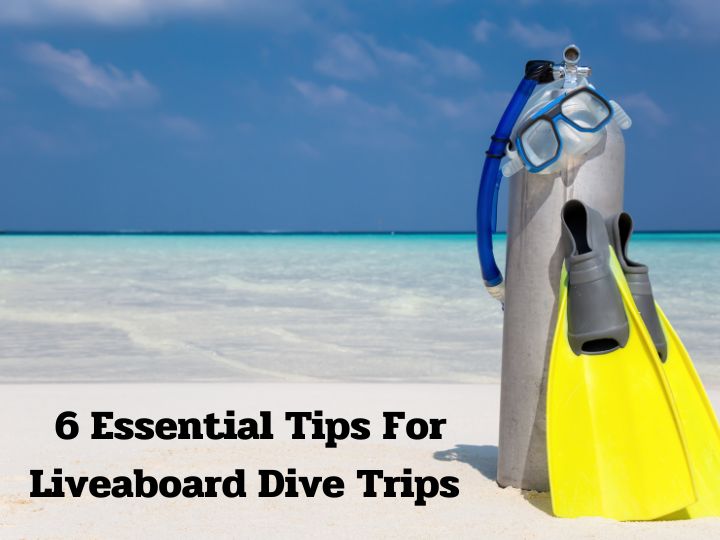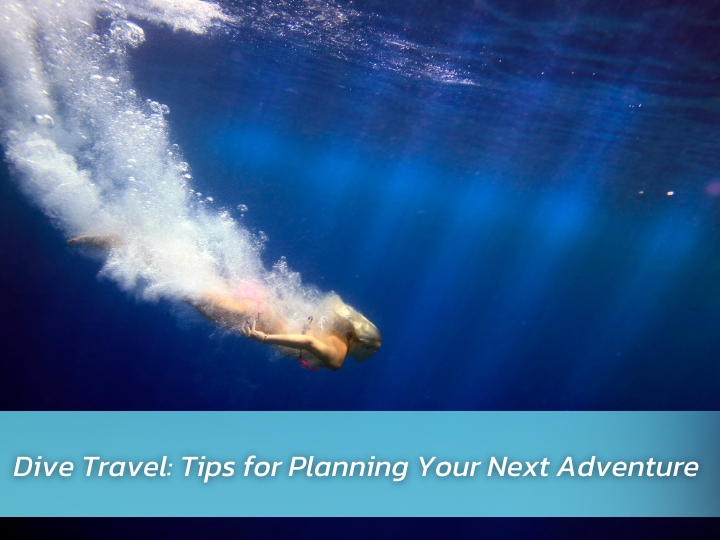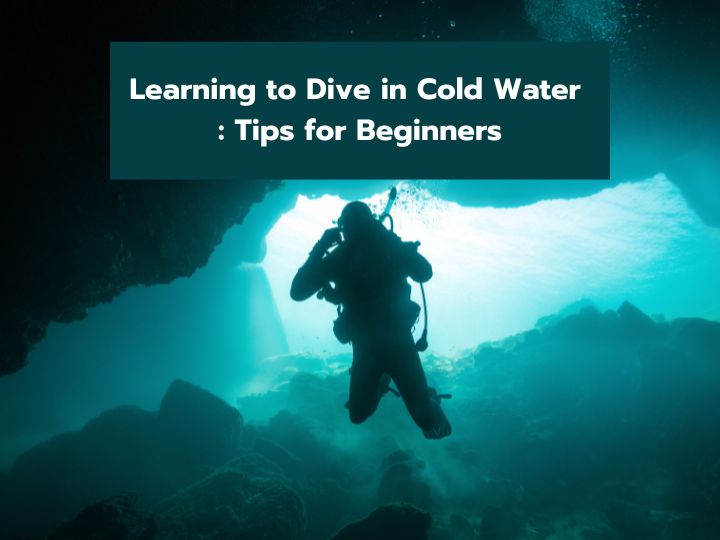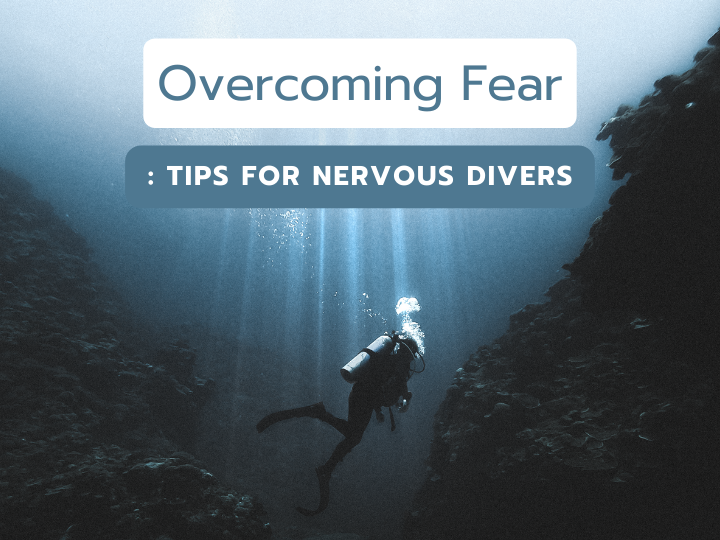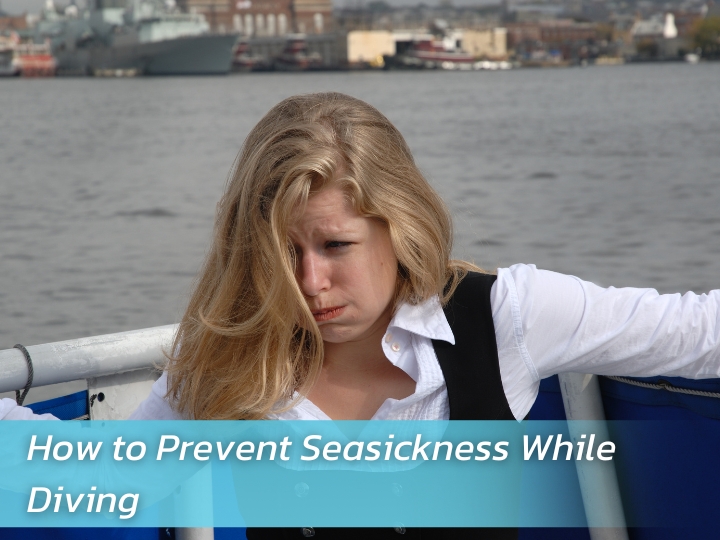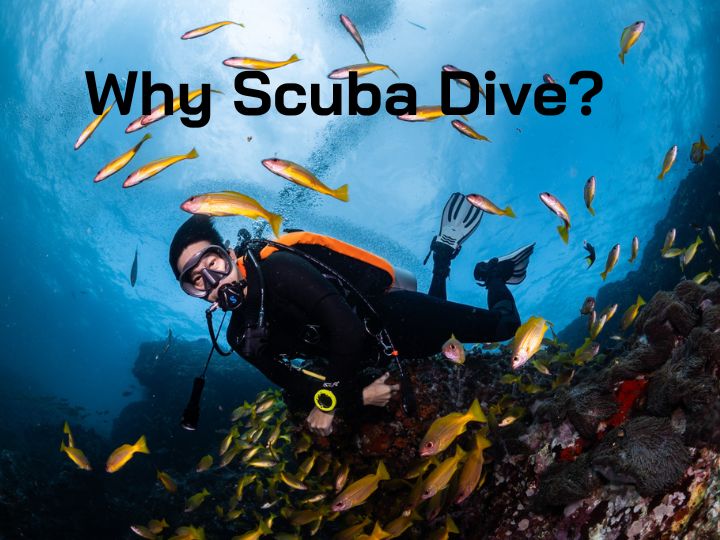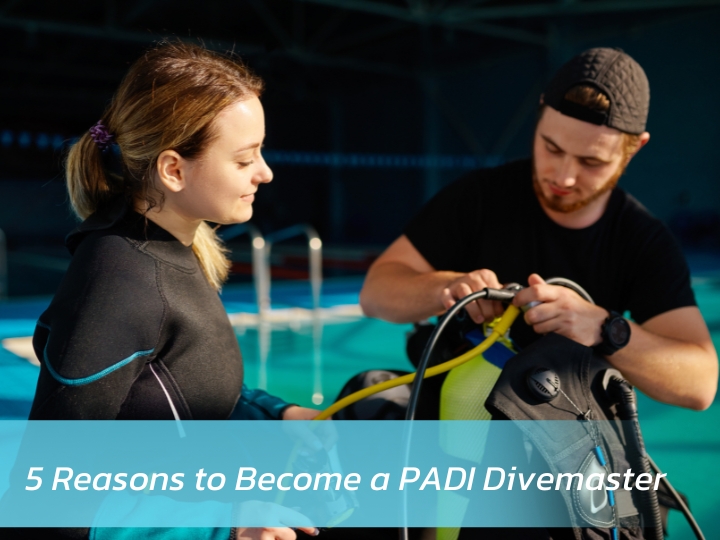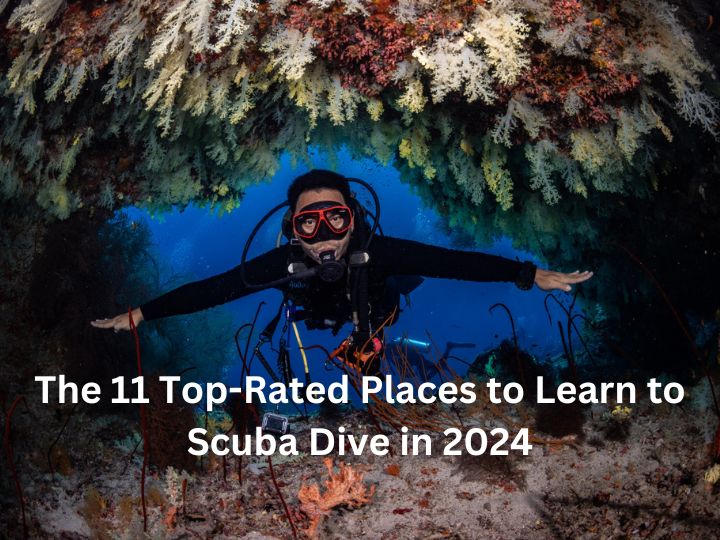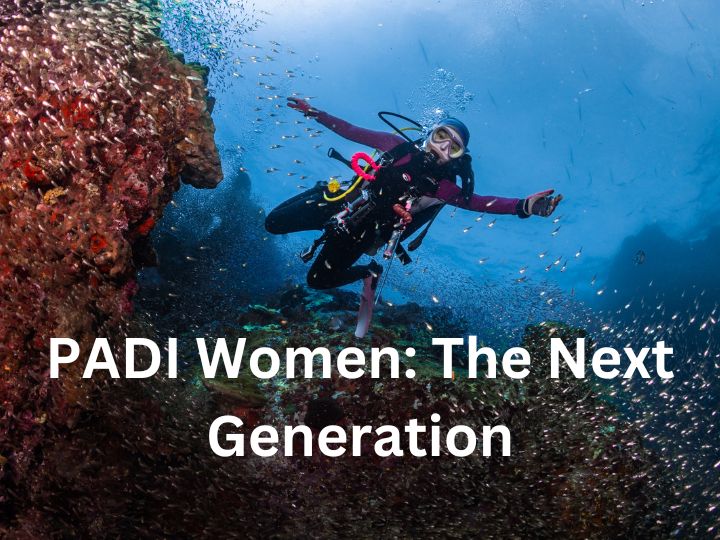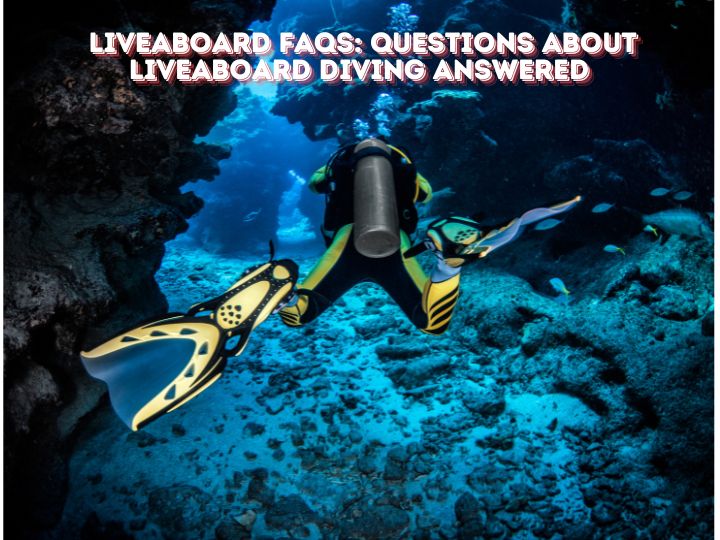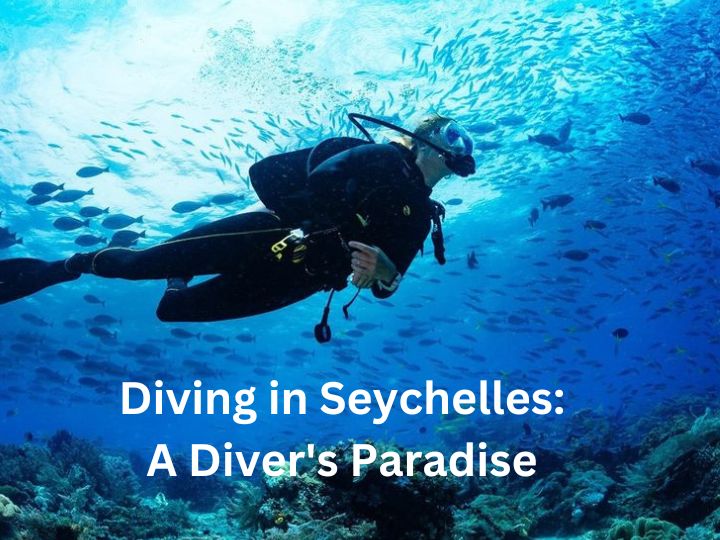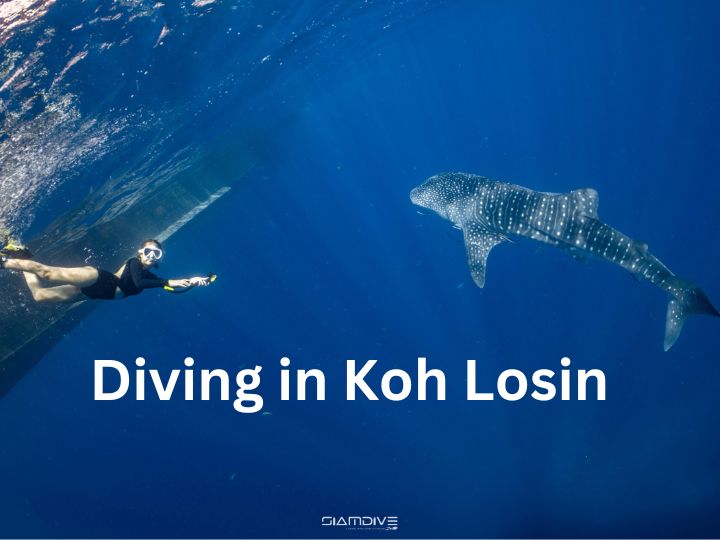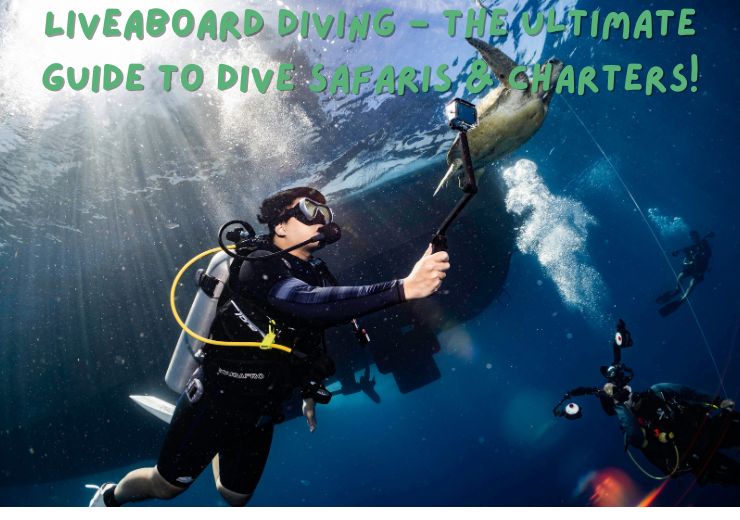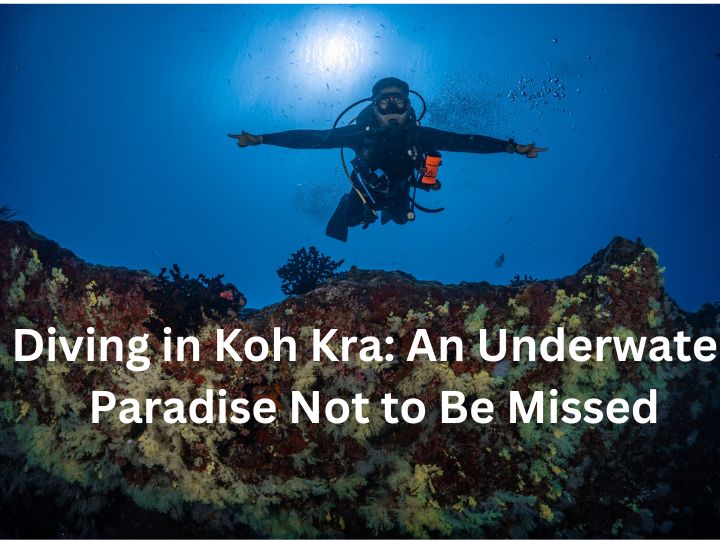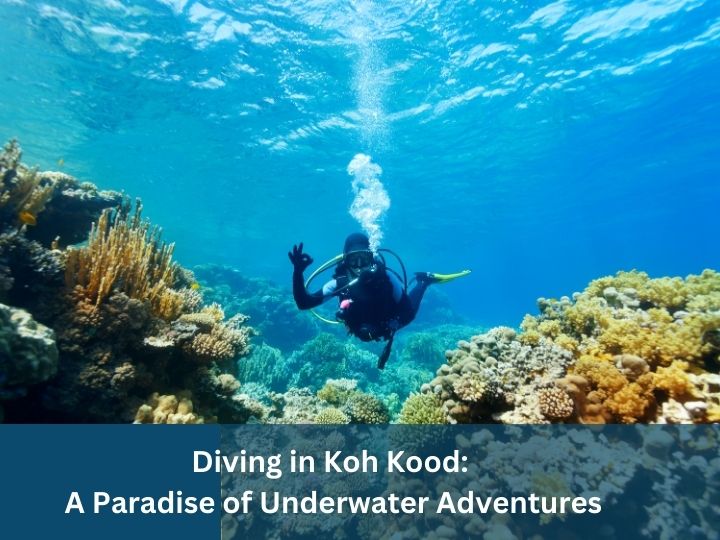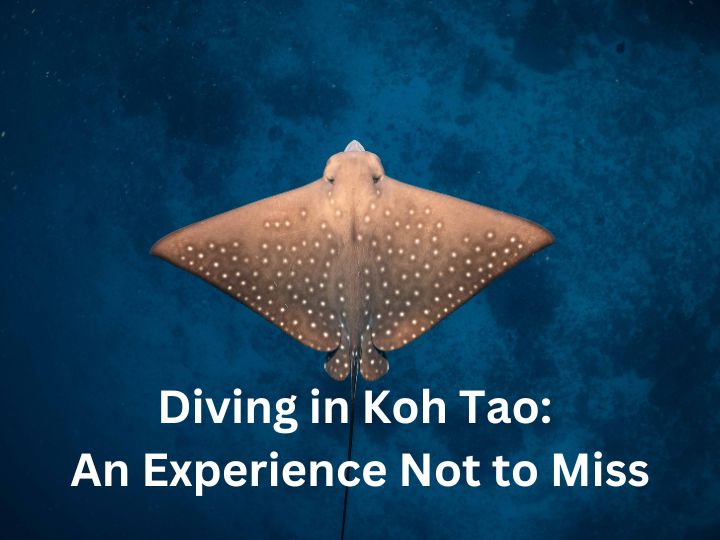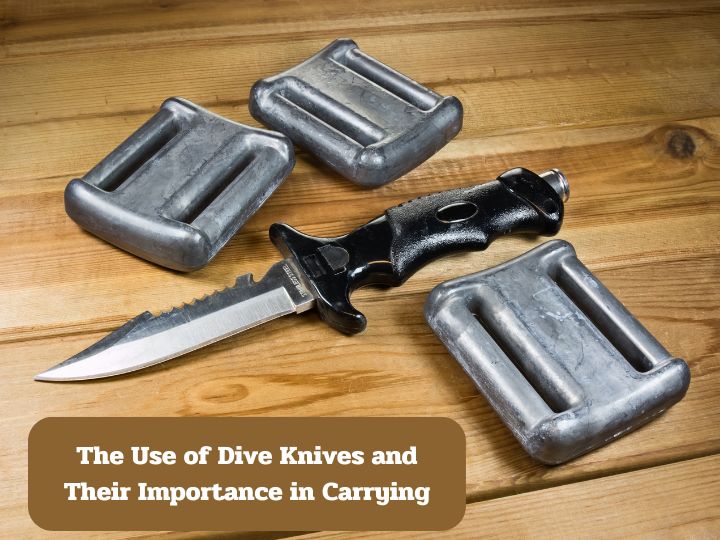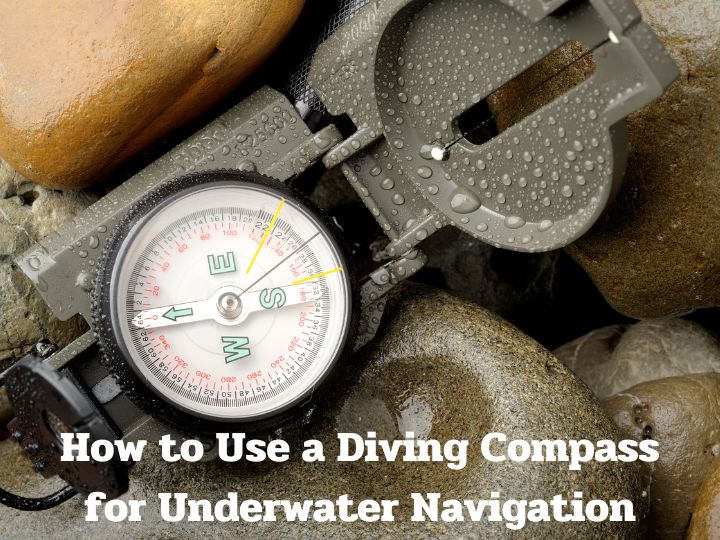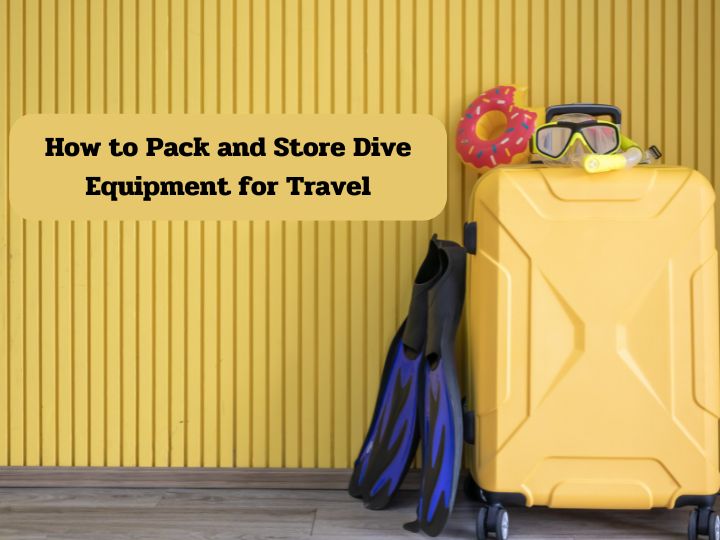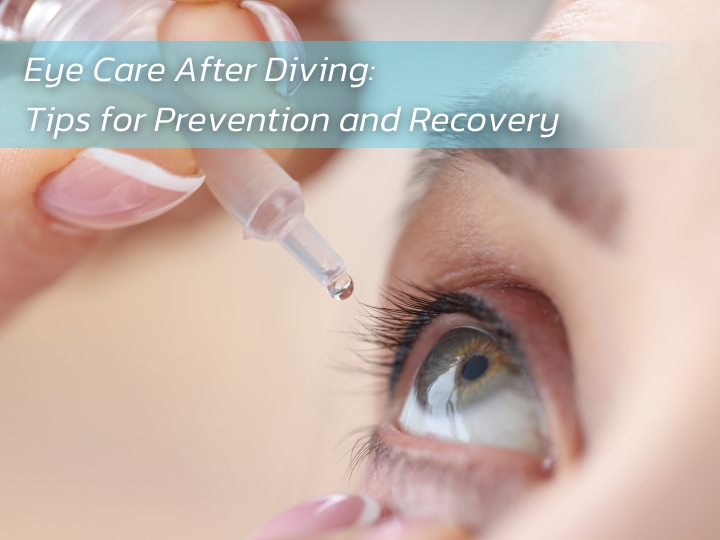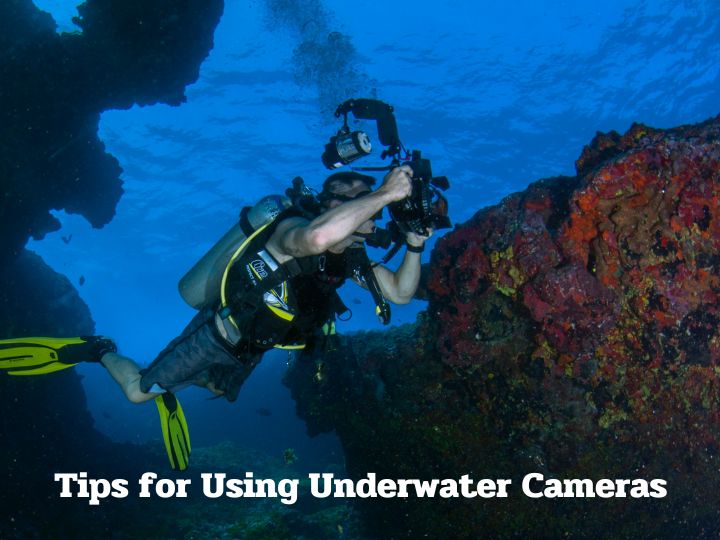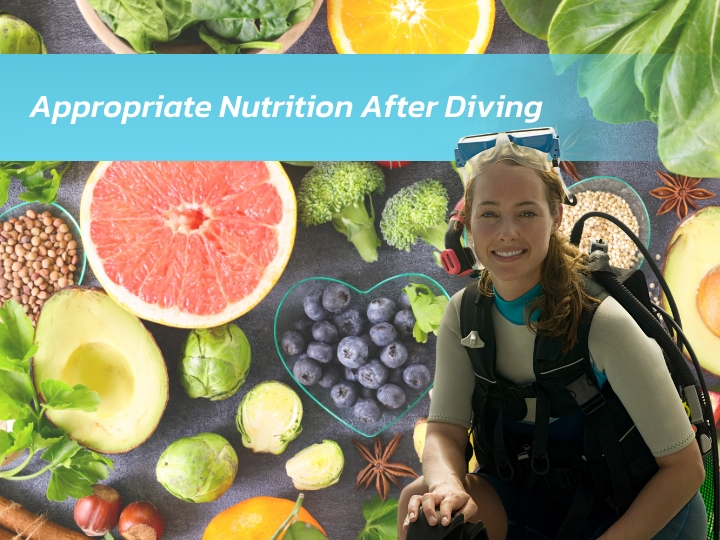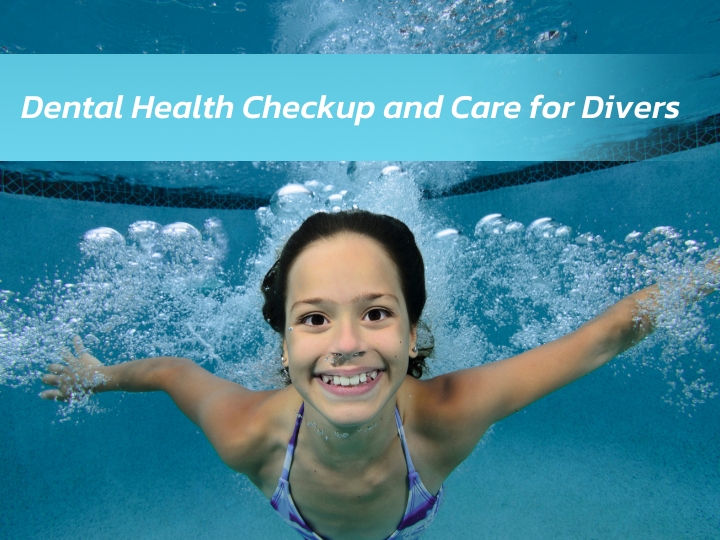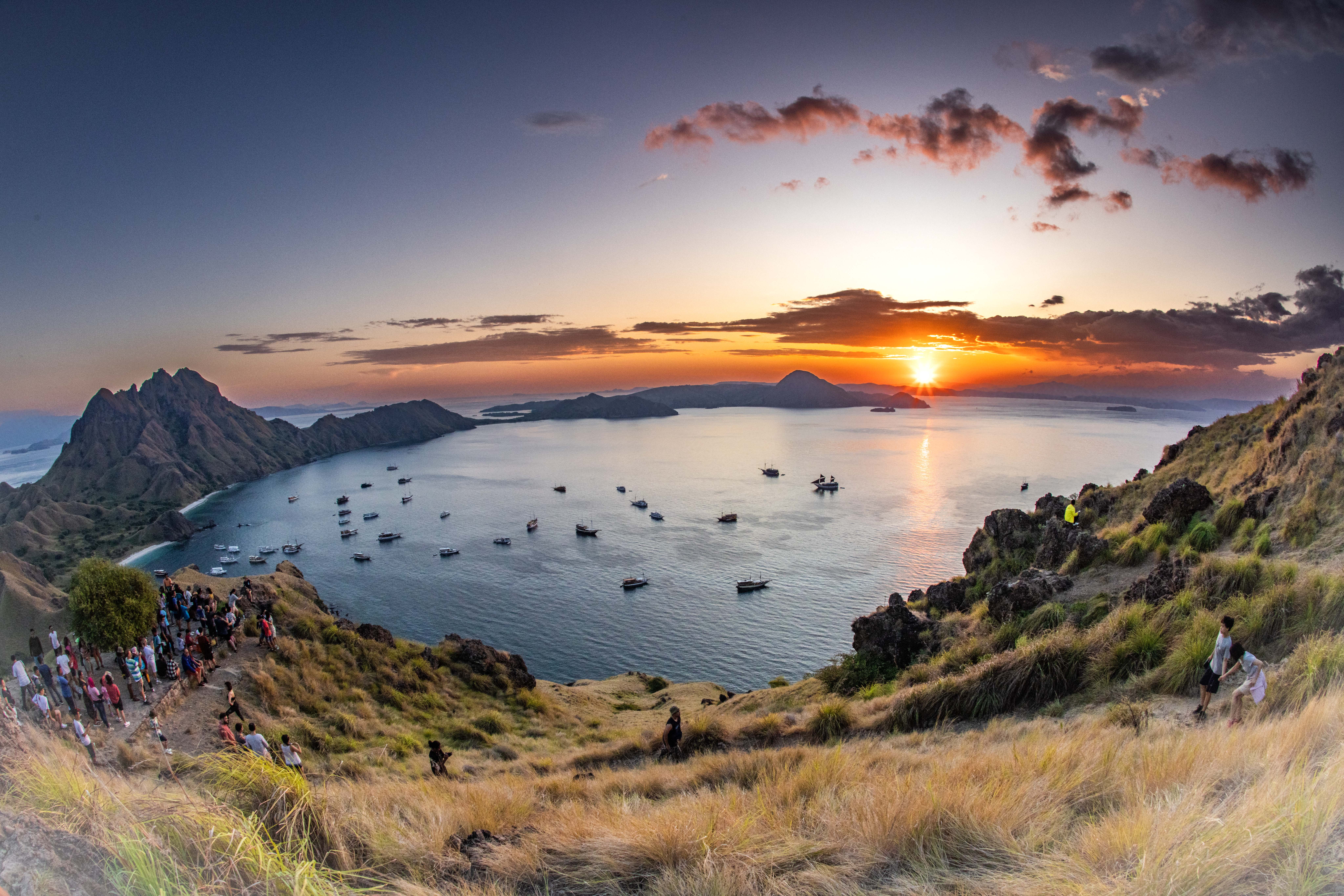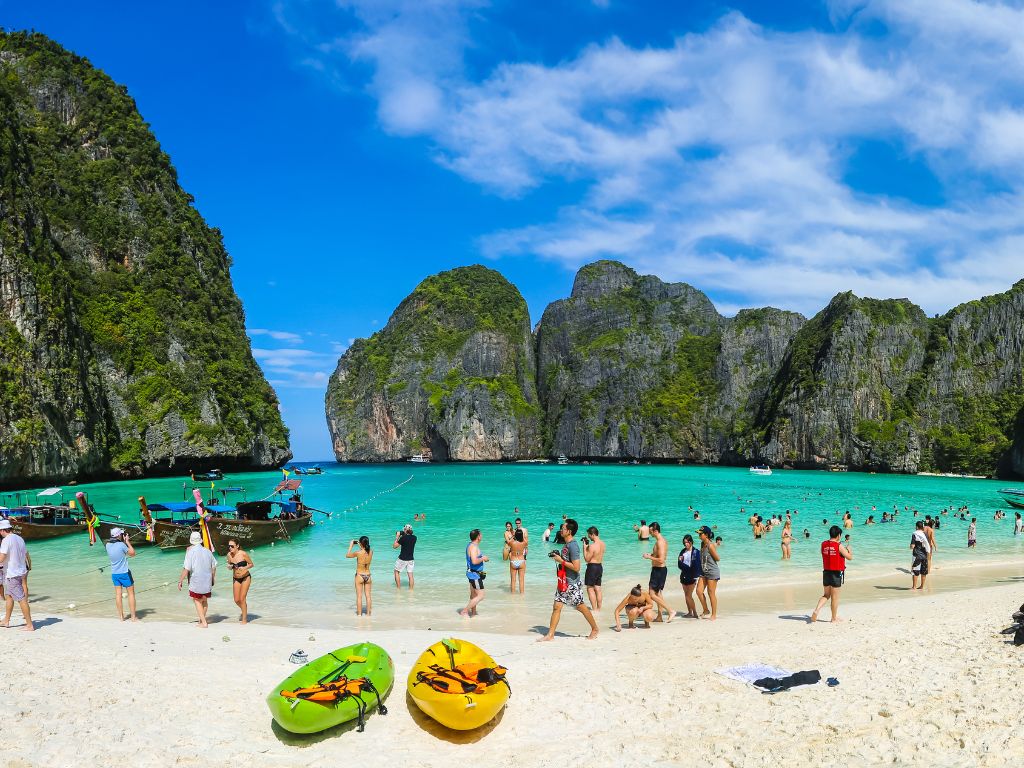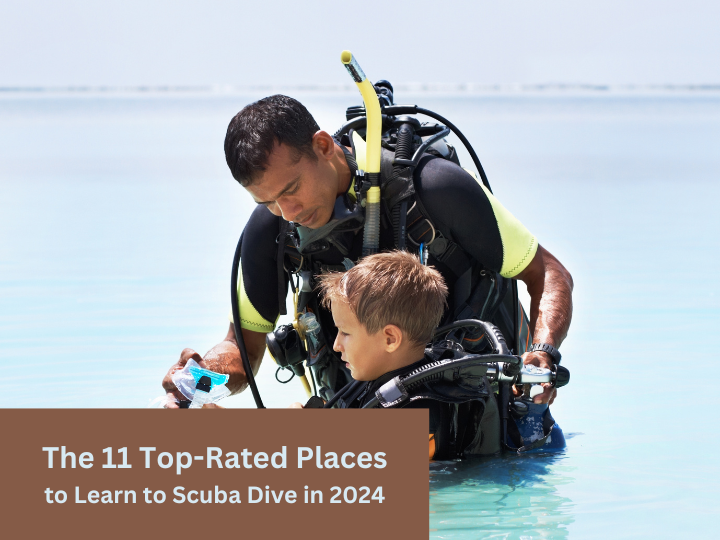
The 11 Top-Rated Places to Learn to Scuba Dive in 2024
Learning to scuba dive is an exciting experience that opens up the opportunity to explore the underwater world deeply. This article takes you through the 11 top-rated places to learn to scuba dive in 2024 that you shouldn't miss.

1. Great Barrier Reef, Australia
The Great Barrier Reef in Australia is a dream destination for many. As the world's largest coral reef system, it offers perfect diving spots for all levels, from beginners to professionals. You'll encounter diverse marine life and breathtaking underwater scenery.
2. Blue Hole, Belize
The Blue Hole in Belize is one of the most renowned diving spots in the world. Its depth and vast size attract divers globally. You will experience an extraordinary underwater exploration unlike any other.
3. Koh Tao, Thailand
Koh Tao in Thailand is known as a top destination for learning to scuba dive. It offers affordable diving courses with experienced instructors. Its serene and beautiful environment makes it an ideal place to relax and dive.
4. Sipadan, Malaysia
Sipadan in Malaysia is a diving spot with incredible marine biodiversity. Clear waters and abundant corals make it a must-visit for divers. You will encounter sharks and sea turtles swimming freely.
5. Red Sea, Egypt
The Red Sea in Egypt is one of the best diving destinations globally. Clear waters and stunning coral reefs make it a place you shouldn't miss. You'll encounter a variety of marine life and thrilling underwater explorations.
6. Galapagos Islands, Ecuador
The Galapagos Islands in Ecuador offer one of the most exciting diving experiences in the world. You'll encounter rare marine life and breathtaking scenery. This is a perfect place for adventurous divers. You'll see sharks and other unique sea creatures.
7. Maldives
The Maldives is a diving paradise with clear waters and beautiful coral reefs. You'll encounter diverse marine life and stunning underwater views. This is a great place for divers of all levels, from beginners to experts.
8. Bonaire, Caribbean
Bonaire in the Caribbean is a diving spot rich in corals and marine life. Clear waters and perfect temperatures make it a favorite among divers. You'll experience thrilling underwater scenery and unique explorations.
9. Cozumel, Mexico
Cozumel in Mexico is a world-renowned diving spot. Clear waters and stunning coral reefs attract divers globally. You'll encounter a variety of marine life and thrilling underwater explorations.
10. Palau
Palau is a diving spot with clear waters and beautiful coral reefs. It's a popular destination among divers worldwide. You'll encounter diverse marine life and breathtaking scenery. Underwater exploration here will leave a lasting impression.
11. Raja Ampat, Indonesia
Raja Ampat in Indonesia is a diving spot with clear waters and beautiful coral reefs. It's a popular destination for adventurous divers. You'll encounter diverse marine life and breathtaking scenery. Underwater exploration here will leave a lasting impression.

Preparing for Scuba Diving
Before starting scuba diving, you should prepare both physically and mentally. You must be in good health with no medical conditions that might affect diving. You should also understand how to use diving equipment and know underwater hand signals.
Choosing a Dive Location
Choosing a dive location is crucial. You should select a place with experienced instructors and modern equipment. Additionally, consider the weather and underwater conditions to ensure the best experience.
Basic Diving Techniques
Learning basic diving techniques is essential. Breathing underwater is the most crucial aspect. You need to breathe slowly and deeply to conserve air and prevent breathing problems.
Maintaining Diving Equipment
Maintaining diving equipment is very important. Check your equipment before and after each use to ensure there are no issues or damages. Cleaning and storing your equipment properly will extend its lifespan.
Diving Precautions
There are several precautions you should follow when diving. Never dive alone and always have a dive buddy. Follow the rules and instructions of your instructor strictly to avoid any underwater hazards.
Evaluating Readiness Before Diving
Before diving, you should assess your readiness. Check your equipment and physical condition and review your diving skills. If you feel unprepared or have any doubts, consult your instructor or take a break before diving.
Continuing Learning and Practice
Learning to dive doesn't end with basic courses. You should continue learning and practicing to improve your skills and confidence. Joining advanced diving courses or diving trips will give you more experience and enjoyment.

Dive Sites You Shouldn't Miss
Besides the top-rated spots, there are other dive sites you shouldn't miss. For example, the Similan Islands in Thailand boast beautiful corals and marine life. Or diving in the Philippines with its clear waters and diverse corals.
Underwater Exploration and Environmental Conservation
Diving is not just about underwater exploration but also learning and conserving the environment. Follow eco-friendly diving principles and avoid damaging corals or marine life. Respect and protect the underwater environment to ensure its preservation.
Connecting with the Diving Community
Connecting with the diving community enhances your diving experience. Exchange knowledge and experiences with other divers. Joining diving groups or clubs gives you travel companions and valuable advice.
Preparing for a Diving Trip
Preparation for a diving trip involves several steps. Check your equipment and prepare necessary documents such as passports and visas. Study the weather and water conditions of your destination to ensure the best experience.
Health Care While Diving
Taking care of your health while diving is crucial. Stay hydrated and rest adequately before and after diving. Regular health check-ups and consulting a doctor before diving can prevent potential health issues.

Underwater Photography
Underwater photography is an interesting and challenging activity. Use appropriate photography equipment and know how to take photos in low light conditions. Practice and learn underwater photography techniques to capture beautiful and impressive images.
Diving with Marine Life
Diving with marine life is an exciting experience. Respect and understand marine life, such as sharks and sea turtles. Learning about their behavior ensures safe and enjoyable diving.
Preparing for Winter Diving
Winter diving poses unique challenges. Prepare appropriate equipment and wear warm clothing. Practice and learn winter diving techniques to ensure safe and enjoyable diving.
Choosing Diving Equipment
Choosing diving equipment requires careful consideration. Select high-quality equipment that suits your needs. Consult experts or instructors to make the best choices.
Diving in Lakes and Rivers
Diving in lakes and rivers is an interesting activity. Study the environment and water conditions of the location you plan to dive. Proper preparation and practice ensure safe and enjoyable diving.

Cave Diving
Cave diving is a challenging activity requiring special skills. Gain sufficient experience and training before attempting cave diving. Using appropriate techniques and equipment ensures safe and enjoyable diving.
Wreck Diving
Wreck diving offers thrilling experiences. Develop skills and knowledge for diving in challenging environments. Learning the history of wrecks adds meaning to your dives.
Night Diving
Night diving is an exciting and challenging activity. Use appropriate equipment like diving flashlights and signal lights. Practice and learn night diving techniques to ensure safe and enjoyable diving.
Ice Diving
Ice diving requires thorough preparation. Use appropriate equipment and train for diving in cold environments. Diving with experienced buddies increases safety.
Research Diving
Research diving is meaningful and beneficial. Acquire knowledge and skills for underwater data collection. Collaborate with researchers and related organizations to enhance your research effectiveness.
